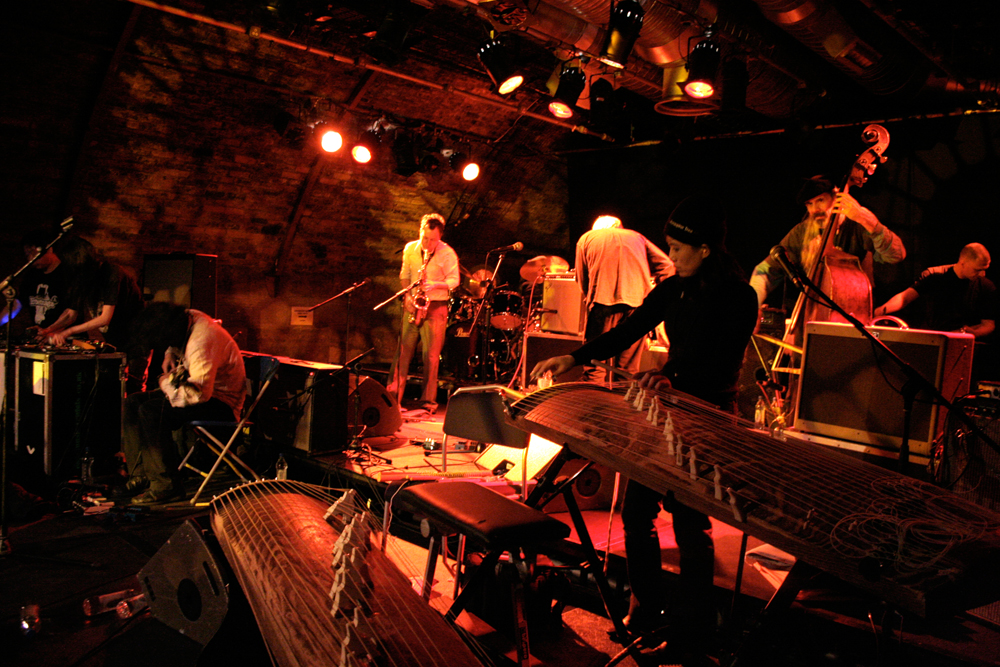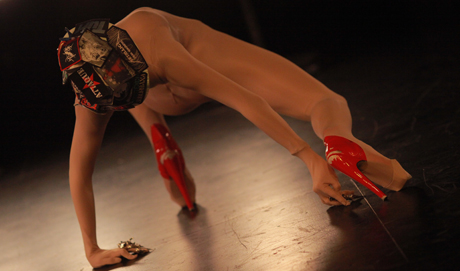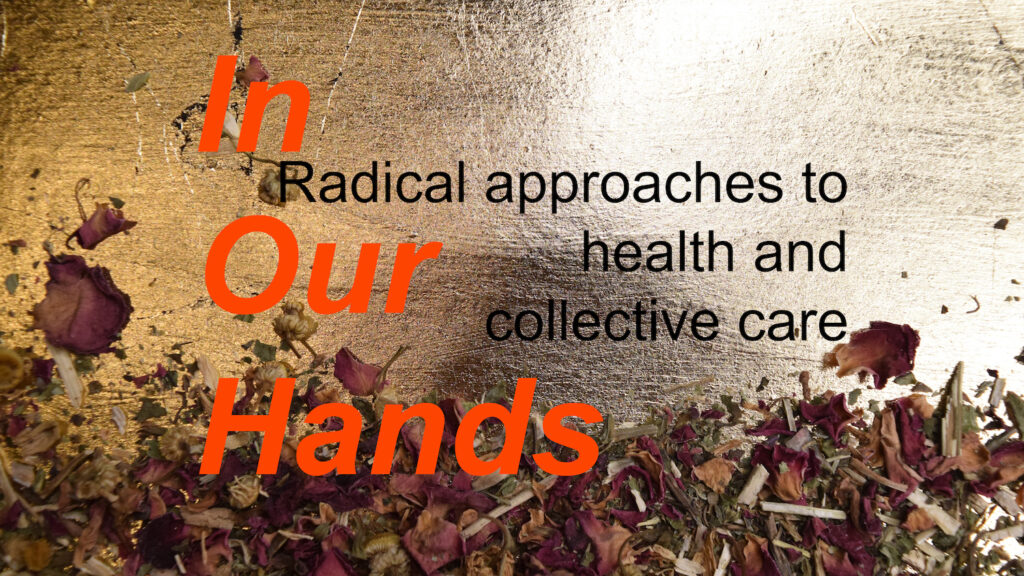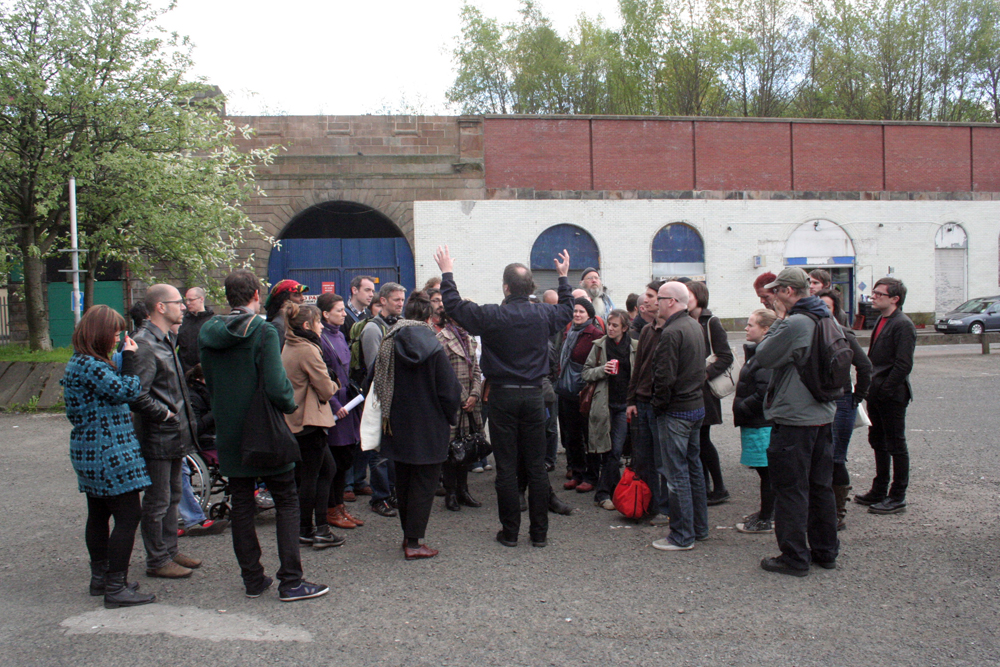
Energy Births Form
Alan Silva Ben Hall David Keenan Don Dietrich Incapacitants Kazuo Imai Michiyo Yagi Sabu Toyozumi
We wanted to ask a bunch of the best high-energy-improvisers around; can musical form really taking shape via a group energy? Can individual concentration lead to a group consciousness?












